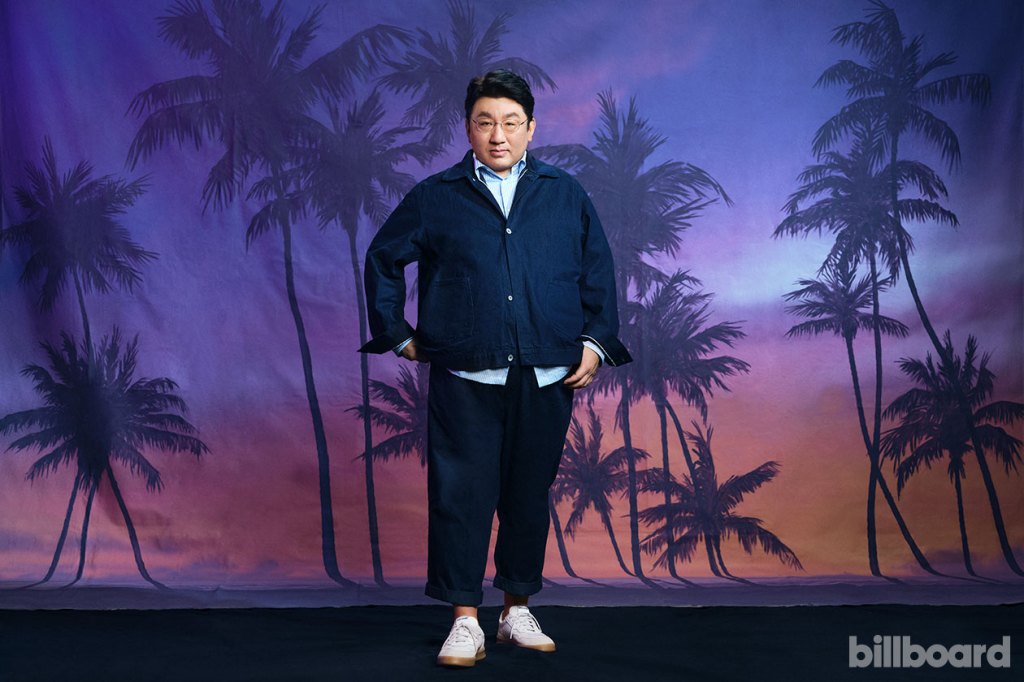South Korea's Financial Supervisory Service is investigating HYBE and its chairman, Bang Si-hyukafter claims he made $285 million from the company's 2020 initial public offering through profit-sharing deals with three major shareholders.
HYBE, then called Big Hit Entertainment, went public in 2020 after building its main act, BTS, into global stars. The IPO raised approximately $820 million and confirmed HYBE's arrival as a major player in the global music industry. But while the IPO was a success for the company, many people who bought shares for well above the IPO price lost money as the price fell in the following weeks.
last week, The Korea Economic Daily broke the story that Bang personally earned about 400 billion won ($285 million) from deals made with private equity shareholders STIC Investments, Estone Equity Partners and New Main Equity a few years before the IPO. Those deals, according to the report, required Bang to receive 30% of shareholders' profits from the sale of their Big Hit shares after the IPO. But if Big Hit failed to go public before the allotted time, Bang would have to buy back the shares plus interest.
In a statement posted on HYBE's investor relations website on Friday (Nov 29), the company confirmed the existence of a shareholder agreement, but rejected the idea that Bang violated any securities laws. “During the process of preparing for the listing, our company provided the relevant shareholders' agreement to the listing underwriters and the listing underwriters also reviewed the relevant shareholders' agreement in accordance with listing-related laws,” the statement said. “In this context, we found that our company did not violate any relevant law during the listing process.”
A HYBE official provided more details about the shareholder agreement in a statement to The Korean Herald. Before the IPO, one of HYBE's investors asked to know the IPO timeline, which HYBE declined to share. Concerned about unspecified uncertainties, the shareholder requested an “option-back,” or a right to sell an equity share at a predetermined price and time. But HYBE “couldn't sustain itself under such circumstances,” this person said, and Bang “took the risk himself” and personally agreed to the choice.
South Korea's Financial Supervisory Service has been cited in media reports as investigating HYBE and Bang for possible violations of the country's capital markets law, including how a private equity firm acquired Big Hit shares before the IPO and whether the Big Hit omitted information from the titles of the archive. The Korean stock exchange is also reviewing related documents for possible violations.
When Big Hit's shares debuted on the Korea Stock Exchange on October 15, 2020, strong demand drove the share price from its IPO price of 135,000 won ($118) to 351,000 won ($308) on its opening day. But Big Hit's price fell 22.3% the next day and fell another 29% over the next two weeks, leaving many individual investors with losses. (The stock has recovered over time. An investor who bought at the peak on the day the stock opened could have sold for a profit if he had waited a year.) The Korea Economic Daily The article claimed that the drop was “largely driven” by the private equity fund's “massive sell-off” of Big Hit's shares after the IPO.



